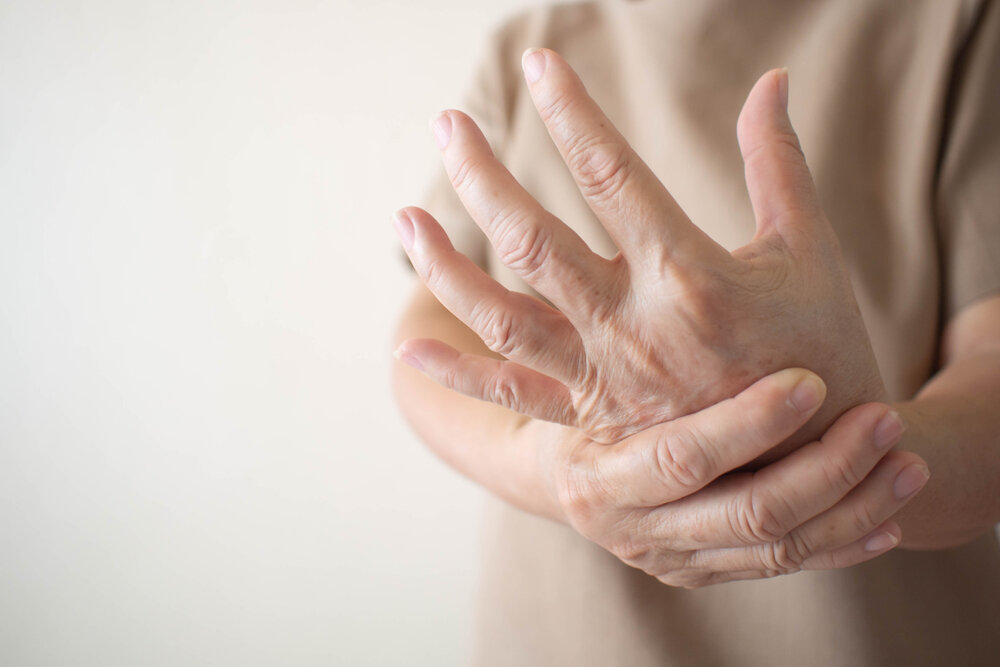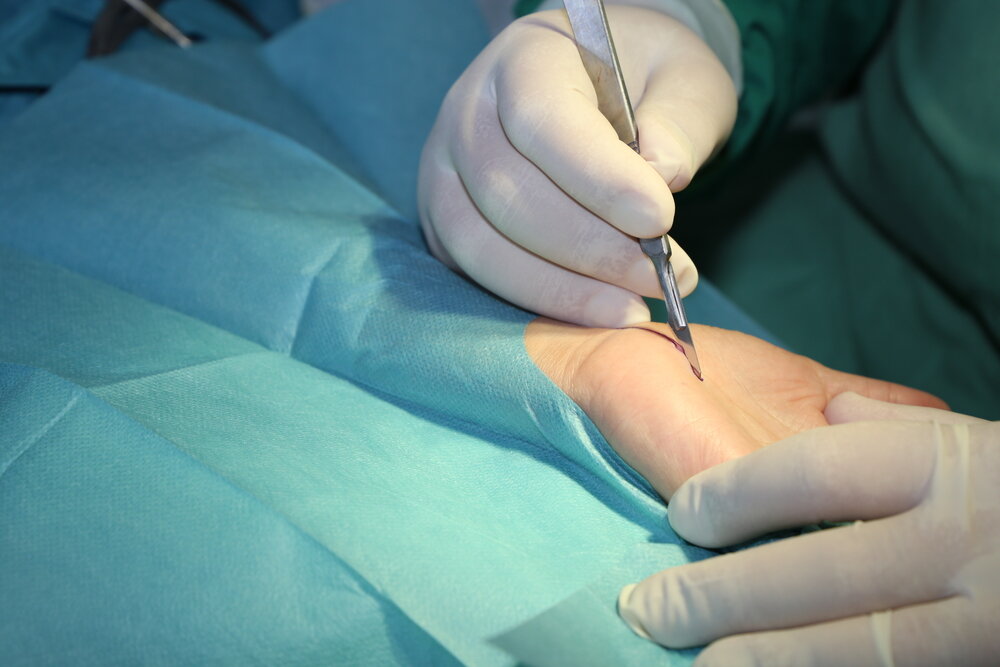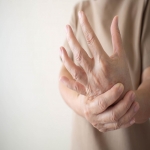When excessive pressure of tissues such as bones, muscles, cartilage or tendons are placed on the nerve, a pinched nerve occurs. This stress disrupts the function of the nerve, causing pain, tingling, stunning, or fainting.
In a number of places in your body, a pinched nerve can occur. For example, a herniated disc in the lower spine can exert pressure on the nerve root, leading to pain radiating through your leg. Also, your hands and fingers may suffer from pinched nerve (Carpal Tunnel Syndrome).
Most people recover from a pinched nerve within several days or weeks with rest and other conservative treatments. Operation is sometimes needed to alleviate nerve pain. When it is carpal tunnel surgery, you may be in need of surgery in both hands.

Symptoms
-
Numbness in the area of the nerve
-
Sharp or shooting or burning pain
-
Tingling or needle like sensation
-
Weak muscle
Pinch Nerve Cause
Peripheral neuropathy of any kind, when left untreated, can result in permanent damage or even dangerous operation. Even a small feel, a pinched nerve in fingers or other limbs, is therefore nothing to take lightly. This is why in particular three nerve areas can cause tingling or stunning in your fingers and palms when compressed.
The median nerve, a function and feeling in the thumb, index or long fingers, is located in your wrist. You may develop carpal tunnel syndrome when compressed for too long or injured. If you feel that you can have a pinched nerve on your fingers (thumb, long or forefinger), you may have to treat yourself with a pinched nerve in the wrist for Carpal Tunnel Syndrome.
Pinched Nerve in Neck
At times, a pinned nerve in the neck could make you and your hand suffer from pain, tingling or weakness. This is called cervical radicular disease. The discs lose water and height as the vertebra in your neck age, so the vertebras move closer together. Bone spurs are the answer your body needs to face — they protect the discs — but can also cause nerve compression. This results in cervical radical disease. Not everyone is suffering from compressed nerves, and why others are doing it is unknown.
You may experience cervical radical pathology when you have pain on or down your arm more than just the fingers specific to Carpal Tunnel Syndrome, or if your pain is affected by how you move your neck — but it's important for the medical profession to make sure that it is a diagnosis.
If you are looking for carpal tunnel surgeon near you, come to us. At Neuroscience Specialists you would get neuro treatments for other problems too.

**Disclaimer- Information presented here is not intended to be qualified medical advice. Nothing expressed herein creates a doctor-patient relationship.

